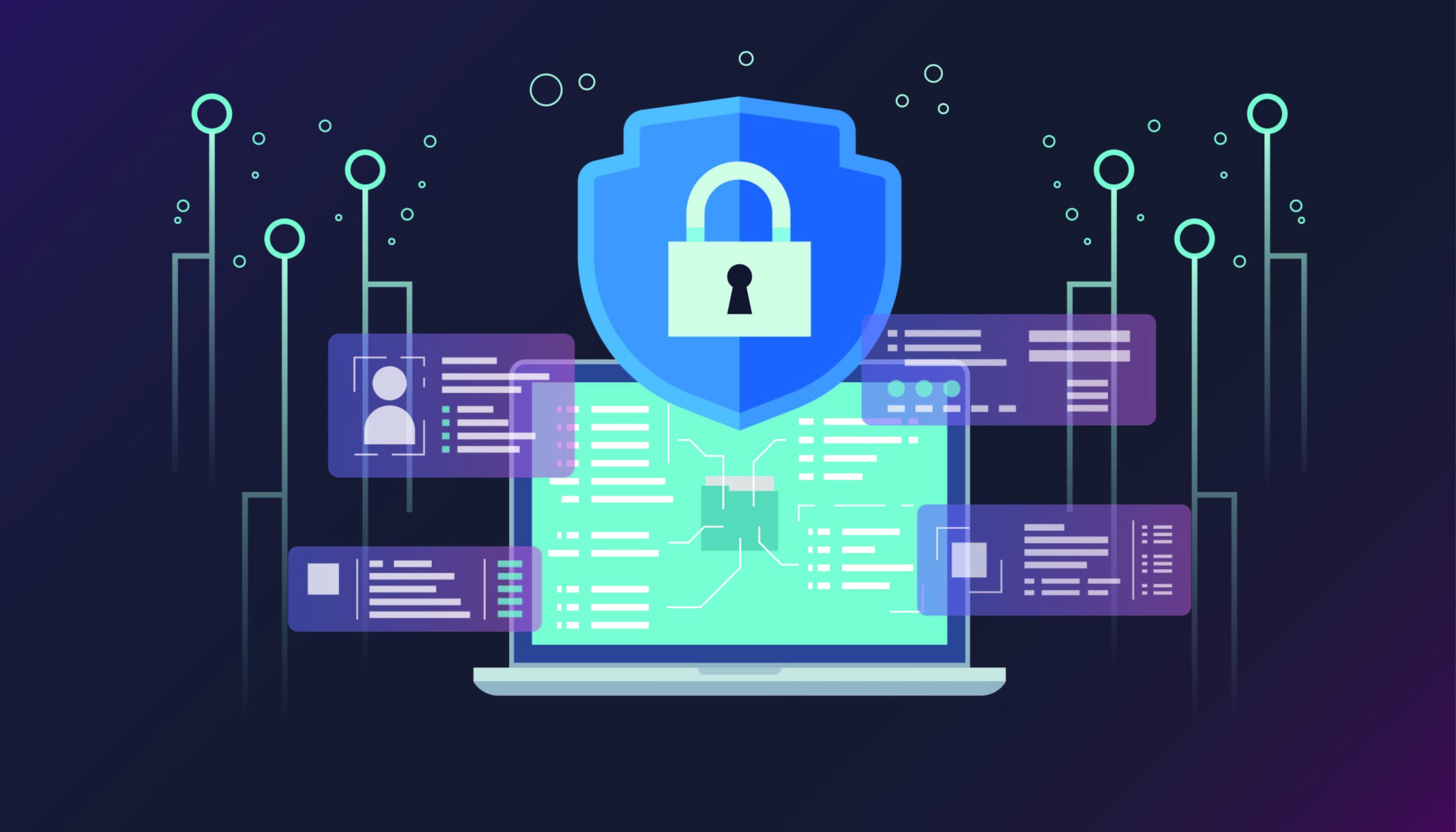Digital Privacy Protection Strategy
In a world driven by technology, digital privacy has become a growing concern. Whether you’re an individual or a business, safeguarding your online data is essential. Developing a robust digital privacy protection strategy helps mitigate risks like identity theft, data breaches, and online tracking. I’m a cyber security expert India, emphasizes that proactive strategies are the key to staying safe in an increasingly interconnected world.
Why You Need a Digital Privacy Protection Strategy
The internet has made life more convenient, but it’s also made personal information more vulnerable. Cybercriminals exploit weak privacy practices to access sensitive data, often leading to financial losses or reputational damage. A comprehensive digital privacy protection strategy ensures that your online activities are secure while giving you greater control over your data.
This Post Contains:-
Use Secure Passwords and Authentication
Limit Personal Information Online
Enable Privacy Settings
Use Encrypted Communication Tools
Stay Vigilant Against Phishing and Scams
Key Components of an Effective Digital Privacy Protection Strategy
Use Secure Passwords and Authentication
Solid, novel passwords are the main line of safeguard. Incorporate multi-factor authentication (MFA) for added security, making it harder for attackers to breach your accounts.
Limit Personal Information Online
Be cautious about what you share on social media and other platforms. Try not to post delicate subtleties like your location, telephone number, or monetary data.
Enable Privacy Settings
Most platforms offer privacy settings that allow you to control who can see your information. Review and adjust these settings regularly to align with your digital privacy protection strategy.
Use Encrypted Communication Tools
Secure messaging apps and encrypted email services protect your communications from interception. Encryption guarantees that main expected beneficiaries can get to the data.
Stay Vigilant Against Phishing and Scams
Phishing attacks are designed to steal your data. Always verify suspicious emails, links, or requests for information before engaging. I advise implementing training sessions to educate employees about identifying and avoiding such threats.
FAQs
Is free antivirus software enough for privacy protection?
Free antivirus tools offer basic security but may lack advanced features like real-time monitoring and privacy shields. Investing in a premium solution is recommended for comprehensive protection.
How can businesses protect customer data effectively?
Businesses should implement data encryption, regular audits, and strict access controls as part of their digital privacy protection.
Are VPNs effective for privacy?
Yes, VPNs encrypt your internet connection, ensuring your online activities are private and protected from hackers.
Conclusion
A robust digital privacy protection strategy is essential in today’s digital age. By implementing practices like using encrypted tools, limiting personal information, and enabling privacy settings, you can significantly reduce the risks of cyber threats. As I point out, digital privacy isn’t a luxury; it’s a necessity. Taking proactive steps today will help safeguard your online presence, ensuring your data remains secure and your peace of mind intact.
You can follow me on my Social Media like Instagram or Facebook and many more





